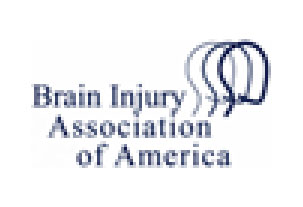A recent study indicates that a low Apgar score at birth could indicate that a baby may have a cerebral palsy birth injury that may not be diagnosed until later in childhood. Researchers from the Norwegian Institute of Public Health found that there is a strong link between a low score on the Apgar test and a later diagnosis of cerebral palsy for the child. The Apgar test is a simple scoring of a baby’s vitality taken minutes after birth. Cerebral palsy is caused by some sort of injury to an infant’s brain that occurs before, during or shortly after birth. If an infant’s brain is deprived of oxygen it can cause irreversible damage including loss of motor function, developmental problems and other lifelong disabilities associated with Cerebral Palsy. There are different types and conditions associated with cerebral palsy, low Apgar scores have been associated with all types of spastic…
Read More »
Birth Injury and Cerebral Palsy Attorneys Home
Low Apgar Score linked to Cerebral Palsy
December 9, 2010Vitamin D, Autism and Neonatal Jaundice?
December 8, 2010A recent study indicates that a case of jaundice in full term newborns is an indicator of a higher possibility of psychological disorders such as autism. The study shows that babies born at term with jaundice were 56% more likely to be diagnosed with autism that those who did not experience jaundice. The following observations were noted in the course of the study. · Jaundice was found more often in boys, preterm infants, low birth weight babies and babies with congenital malformations. · Oddly babies born between October and March were 97% more likely to develop autism than babies born in the other months. · Mothers who had already had a child had a 129% more likely chance to have an autistic child. This has led the researchers to believe that the reason why babies born in the winter were more prone to jaundice was that they were exposed to…
Read More »
Immune System Genes can Affect Pregnancy Outcome
December 7, 2010A new study has show that genetic factors can both increase susceptibility to and provide protection from common pregnancy issues such as miscarriage, preeclampsia and fetal growth restriction. Interactions between maternal cells and fetal cells are involved in different issues within pregnancy and birth. Maternal cells known as uterine NK cells and fetal trophoblasts are known in certain combinations to increase the risk of preeclampsia, recurrent miscarriage and fetal growth restriction. On the other hand in other combinations these cells interact to prevent these same conditions. The fetal trophoblasts seem to be key in the determination of problems that may occur in the pregnancy. Genetic factors have long been thought to have an effect on pregnancy outcomes including these 3 issues and even some birth defects and abnormalities in otherwise normal pregnancies and births. This could lead to more genetic testing at the beginning and throughout pregnancy. By monitoring the…
Read More »













